Binge-eating disorder is an eating disorder that is distinguished by recurrent episodes of eating large quantities of food (often very quickly and to the point of discomfort); a feeling of a loss of control during the binge; experiencing shame, distress, or guilt afterward; and regularly using unhealthy compensatory measures (e.g., purging) to counter the binge eating.
An essential feature of binge-eating disorder is recurrent episodes of binge eating that must occur, on average at least once per week for 3 months. An “episode of binge eating” is defined as eating, in a discrete period of time, an amount of food that is larger than most individuals would eat in a similar period of time under similar circumstances. An indicator of loss of control is the inability to refrain from eating or to stop eating once started. Binge eating can also be planned. Some people describe dissociative quality during or following, binge-eating episodes. People with binge-eating disorders are typically ashamed of their eating habits and do whatever in their power to conceal their symptoms. Binge-eating is not about food but is related to an inability to handle emotional issues healthily.
Binge-eating disorder typically starts in the late teens to early twenties, although it can occur at any age. It is a chronic disease and can last for many years. Like other eating disorders, it is more common in women than men. However, it is the most common type of eating disorder among men. The disorder is more prevalent among individuals seeking weight-loss treatment than in the general population. Binge-eating can be difficult to detect because you can be of normal weight, but that does not mean an individual is not suffering from this disorder. There is an effective treatment that can help you feel better about yourself and adopt healthier eating patterns.
Binge-eating disorder often begins in the late teens, or early ’20s but can occur at any age. The onset of this disorder is often associated with feeling negative about oneself holistically, not just in physical looks. Triggers like availability to binge food, stress, and poor body self-image are aspects that can cause binge-eating disorders. If you have a history of dieting or restricting calories you are more susceptible to developing binge-eating disorder, especially if you have symptoms of depression. If your parents or siblings have or had an eating disorder, you are more at risk for developing a binge-eating disorder, implying it may be an inherited gene.
There is no perfect way to approach a loved one that you assume or know is struggling with a binge-eating disorder. It is very common for people to keep their binging a secret because of their shame and embarrassment. Since they may not physically look like they have an eating disorder (unlike anorexia) it can be more difficult to detect. If you notice that a family member or friend has a lack of control when eating, extremely low self-esteem, or eating in secret consider talking to him or her about these issues. Urge them to talk to their doctor. You can not force someone to seek professional care, but you can always offer your support and encouragement. Even though you may not be able to prevent your loved one from developing binge-eating disorder, you can still talk about healthier behavior or treatment options.
There are effective treatments for binge-eating disorders. The main goal of treatment is to reduce eating binges and achieve healthy eating habits. Other mental health issues may accompany the binge-eating disorder, like depression, so it is necessary to address the emotional and mental components underlying binge eating.
One goal of psychotherapy is to normalize eating patterns and identify triggers to binge eating. Cognitive-behavioral therapy, specifically enhanced cognitive behavioral therapy, has been shown to help. Cognitive-behavioral therapy will often focus on identifying and altering dysfunctional thought patterns, attitudes, and beliefs, which may trigger and perpetuate the person’s eating habits. Another goal is to help change distorted beliefs and thoughts that maintain unhealthy eating habits. Individual therapy can be very helpful in addressing not only your disordered eating but also your overall emotional health and happiness. The purpose is to address the underlying cognitive and emotional issues that result in binge-eating disorder. Improving interpersonal skills, and how you relate to others, may help reduce binge eating that can be triggered by problematic relationships and unhealthy communication skills.
This form of therapy can teach you behavioral skills that are necessary for regulating emotions, tolerating stress, as well as improving relationships with others.
Your journey to recovery is unique, and our experienced therapists collaborate closely with you to develop a personalized Binge Eating Disorder treatment plan that addresses your specific needs and goals:
If you're ready to break free from the cycle of binge eating and embrace a life of self-acceptance and well-being, Clarity Clinic is here for you. Our dedicated team is committed to supporting you on your journey toward recovery, self-discovery, and empowerment.














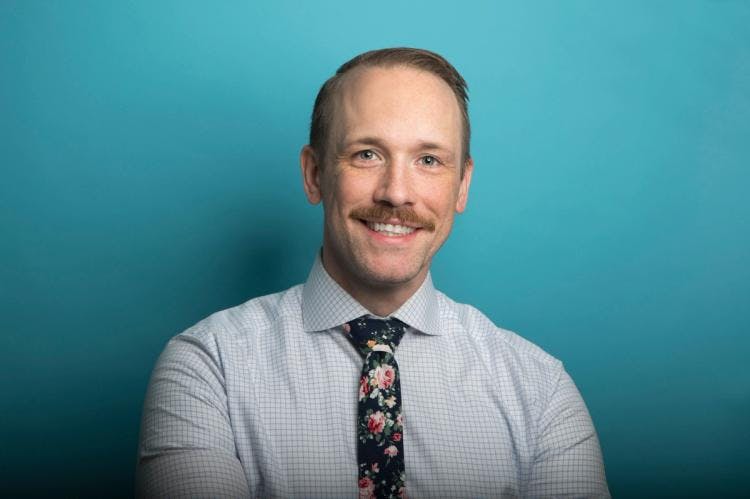





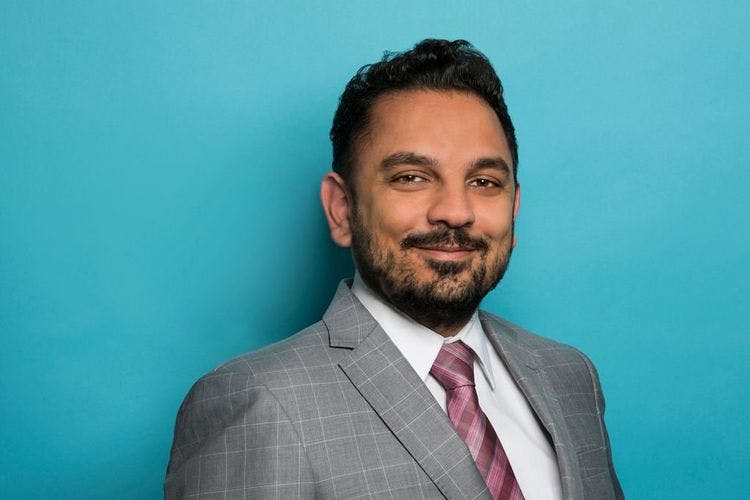
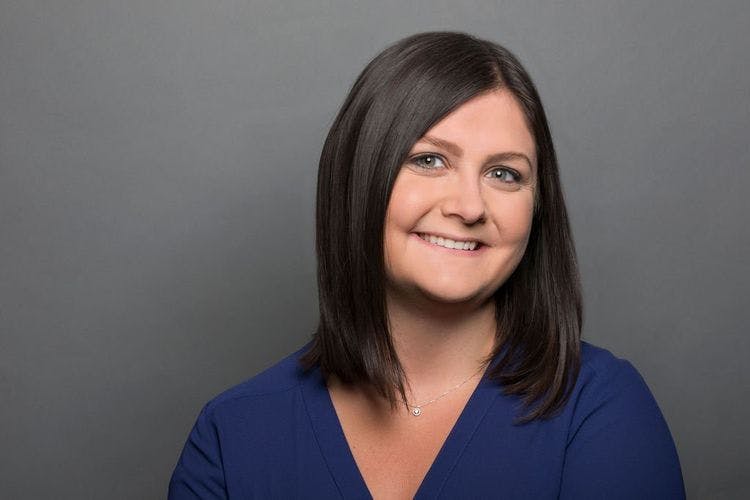

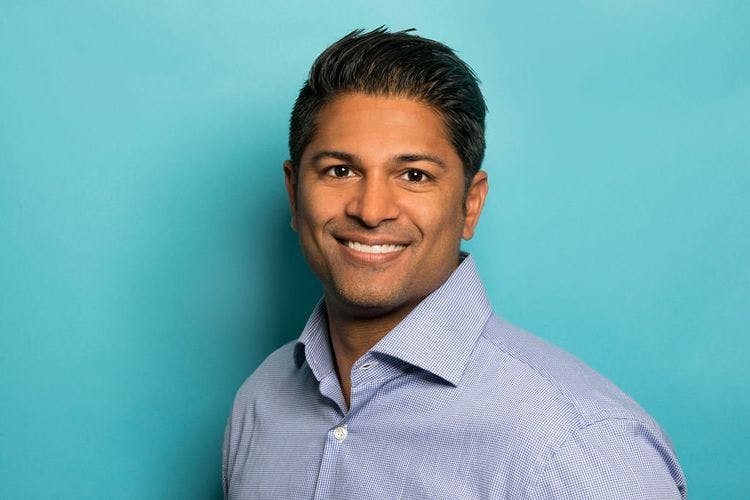

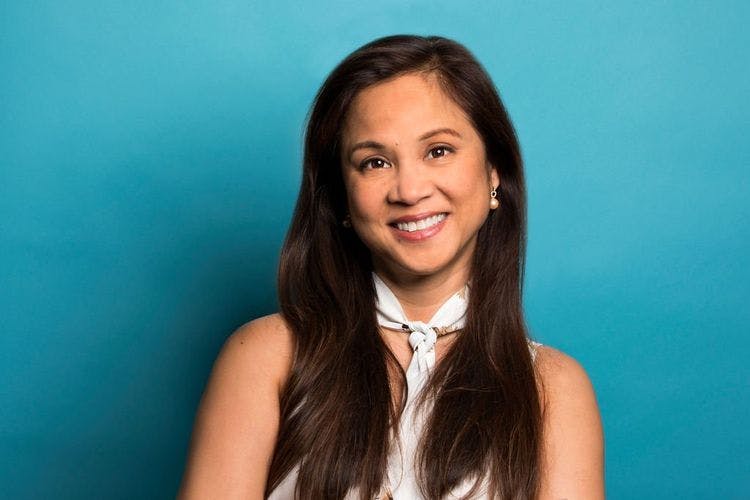
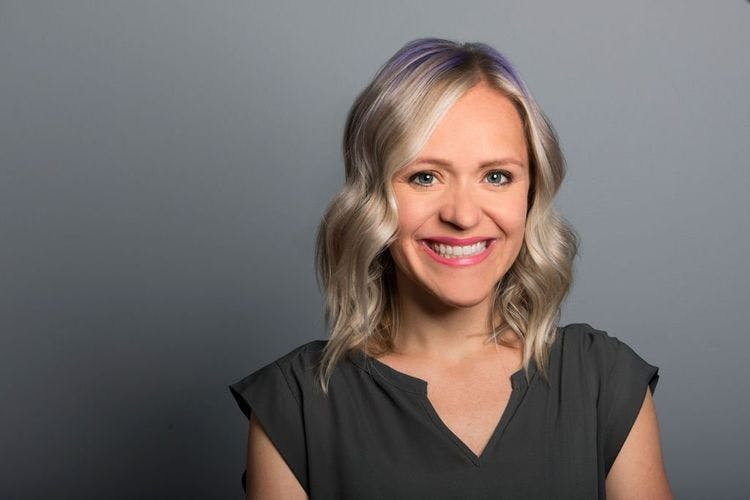
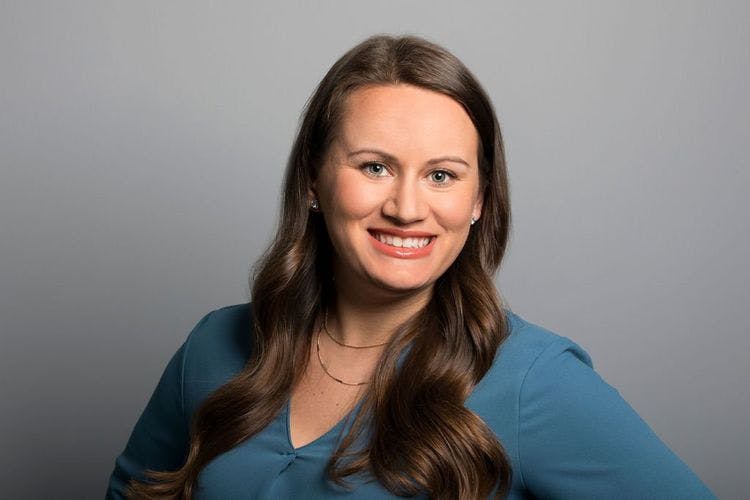
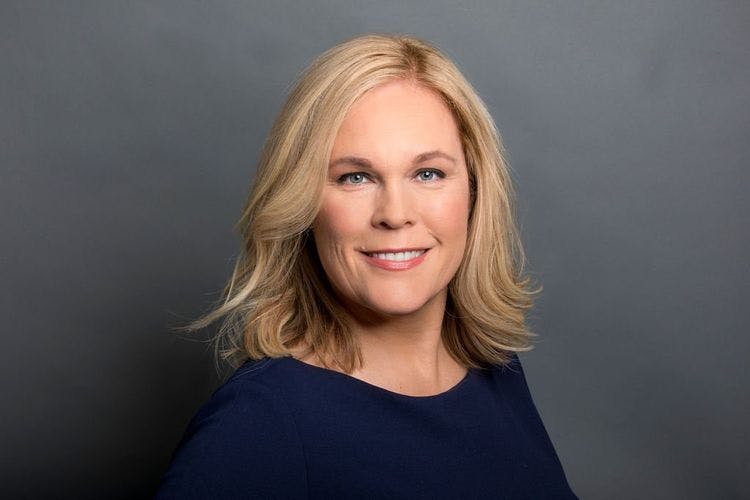

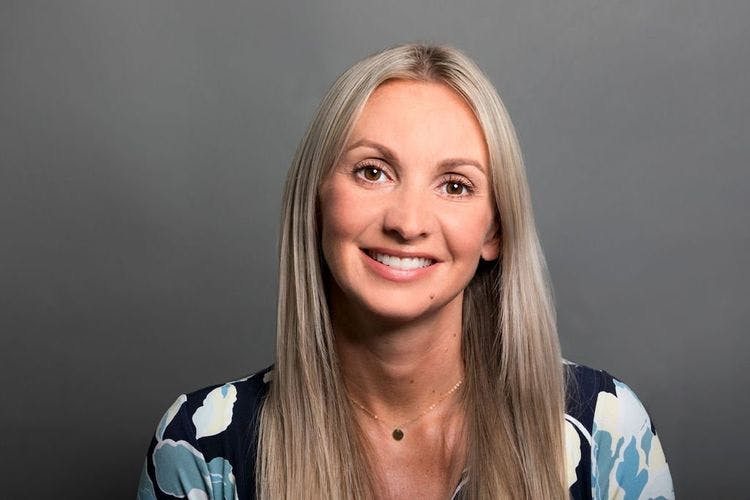
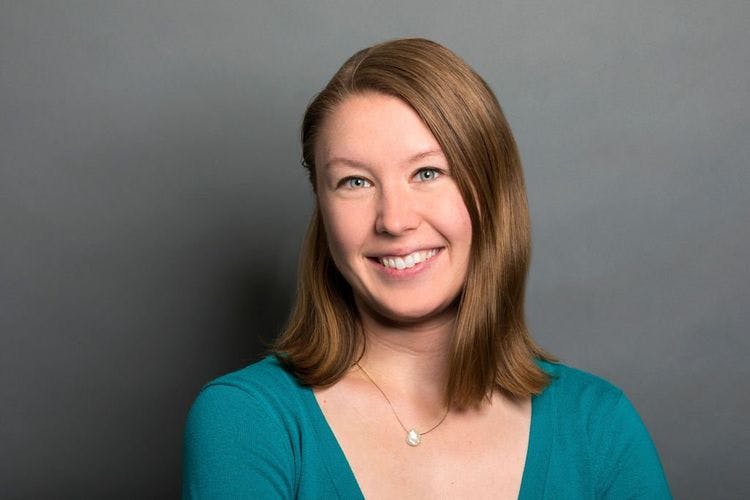





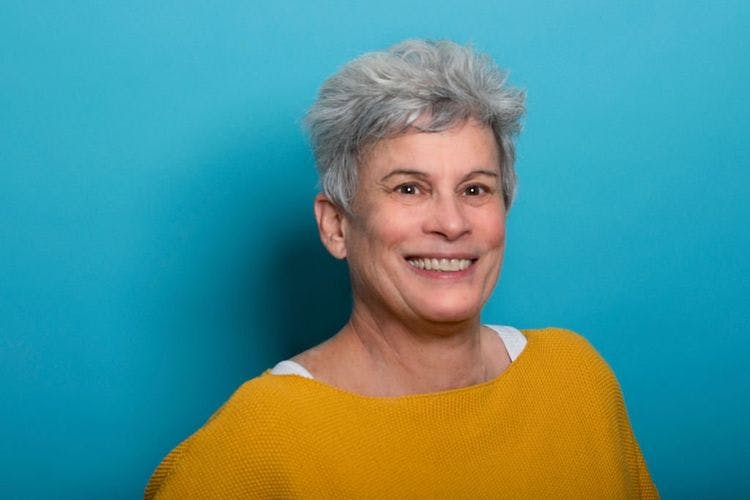





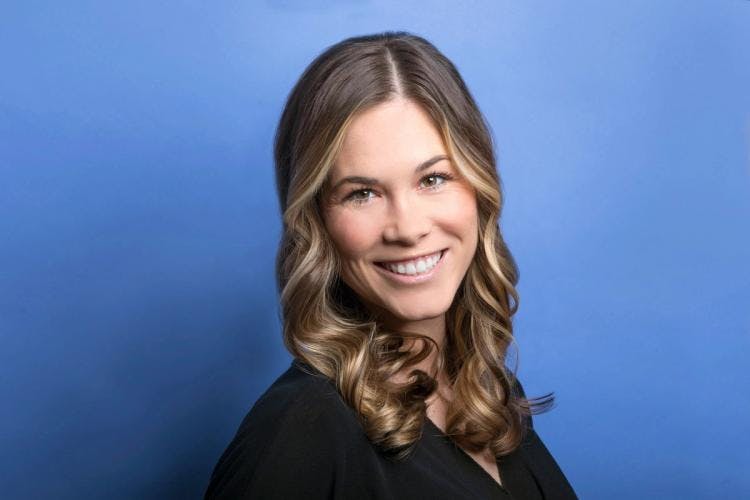






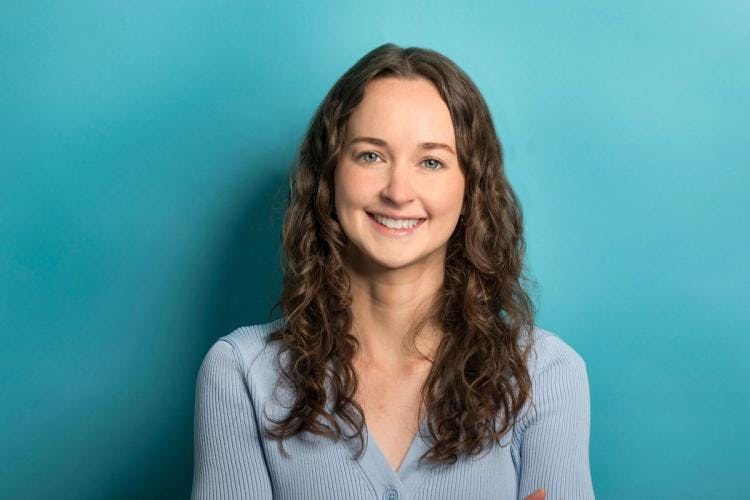






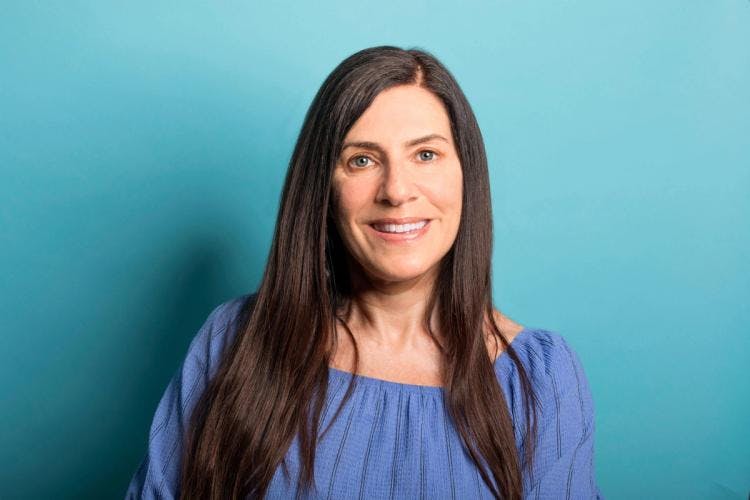
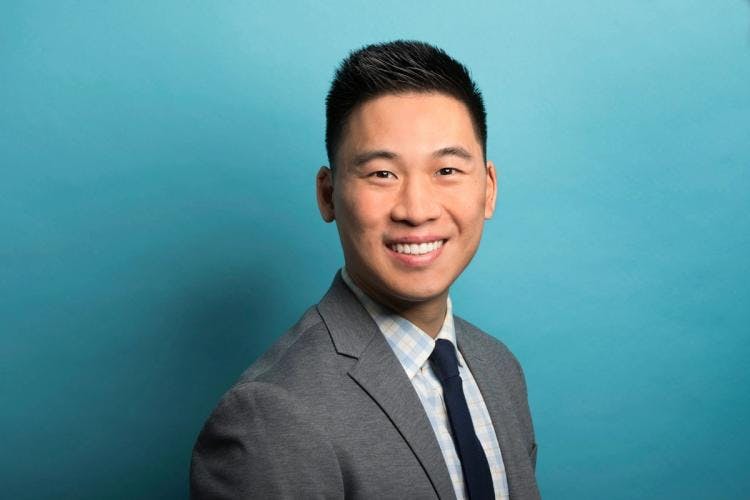



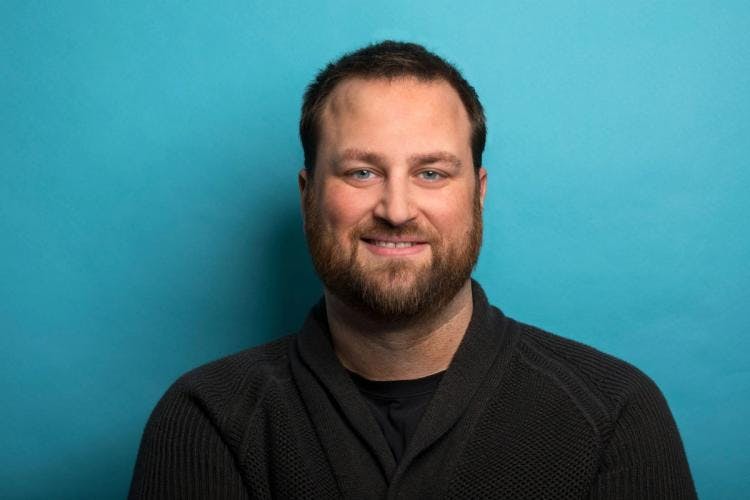





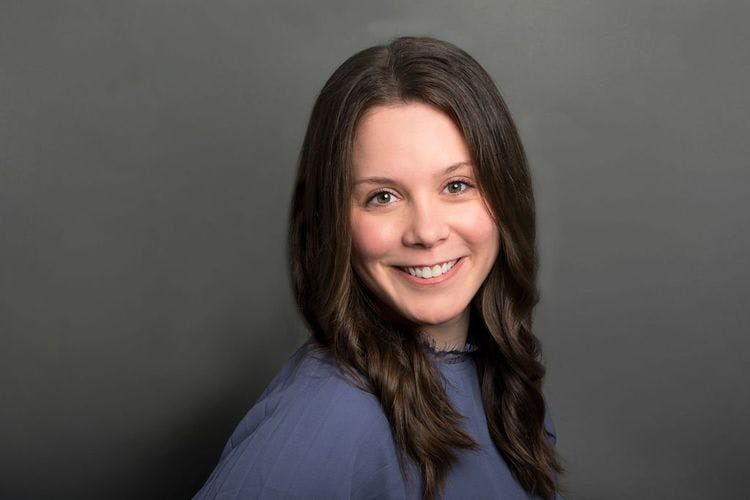

Our Services
Virtual/Online CarePHP and IOPAdult PsychiatryChild & Adolescent PsychiatryAdult TherapyChild & Adolescent TherapyCouples CounselingFamily TherapyGroup TherapyPsychological TestingTranscranial Magnetic Stimulation (TMS)